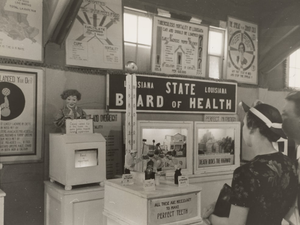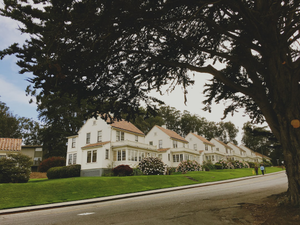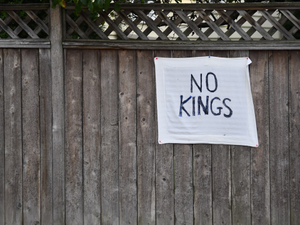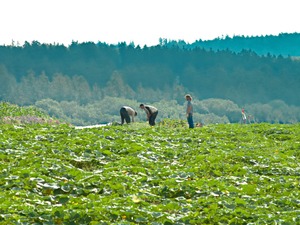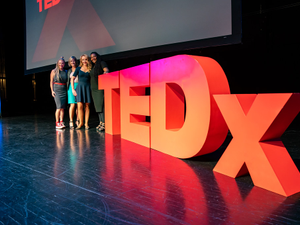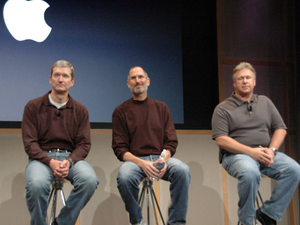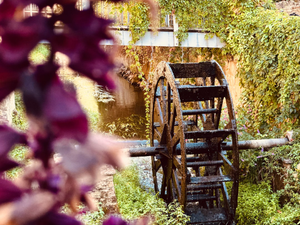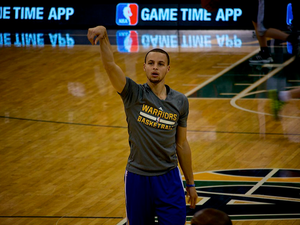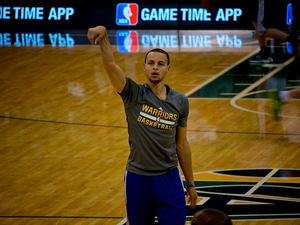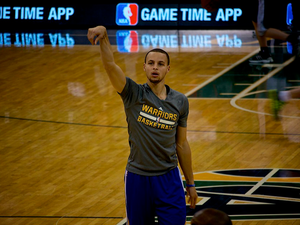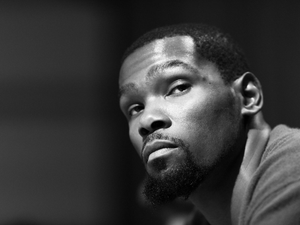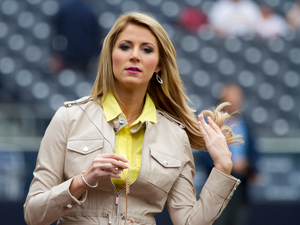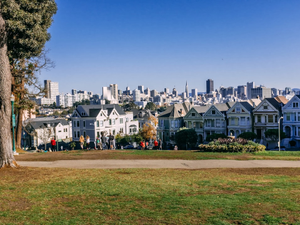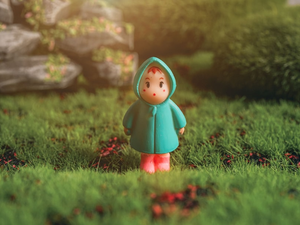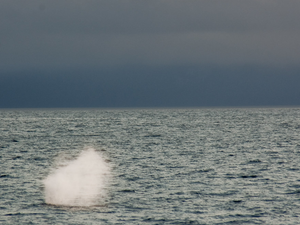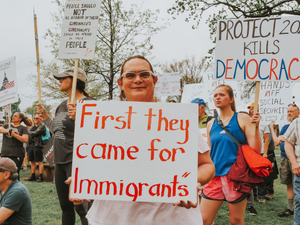Queen of Chimps: Jane Goodall's Wild Legacy Lives On

In a world where science often feels sterile and detached, Jane Goodall was the rebel primatologist who broke every rule in the academic playbook.
Before Goodall stepped into the Gombe Stream Chimpanzee Reserve in 1960, scientists viewed animals like emotionless data points. She saw something entirely different: intelligent, complex beings with personalities, feelings, and social structures that challenged everything we thought we knew about our primate cousins.
Revolutionizing Research
At just 26, with zero formal scientific training, Goodall waltzed into Tanzania and did something radical: she named her research subjects instead of numbering them. David Graybeard wasn’t just another chimp - he was an individual with a story. Her groundbreaking observations revealed chimps weren’t just tool users, but tool makers, completely shattering previous scientific understanding.
A Lifetime of Activism
Goodall wasn’t content with just studying chimps. After a pivotal conservation conference in 1986, she transformed from researcher to global environmental activist. She traveled nearly 300 days a year, speaking about climate change, wildlife preservation, and humanity’s profound responsibility to our planet.
Beyond Science
Her legacy isn’t just scientific breakthroughs - it’s inspiring generations to see the world differently. She believed our intellectual capabilities must be balanced with compassion, challenging humanity to be better stewards of our shared home. When she spoke about environmental destruction, she didn’t just present data - she presented a moral imperative.
Jane Goodall didn’t just study chimpanzees; she revolutionized how we understand life itself.
AUTHOR: tgc
SOURCE: The Mercury News
